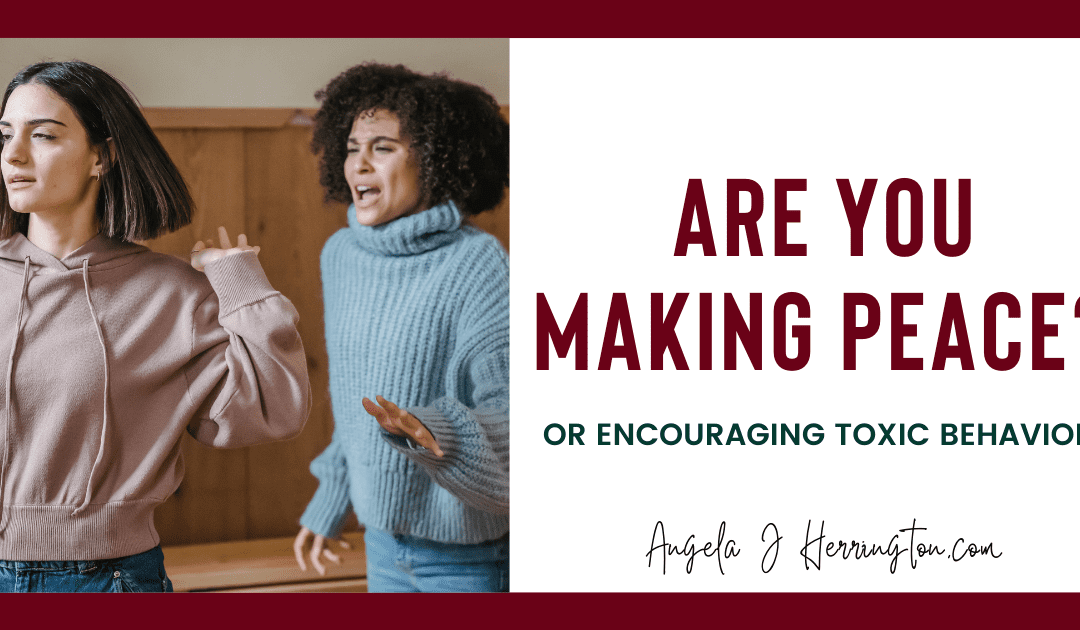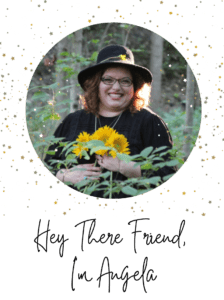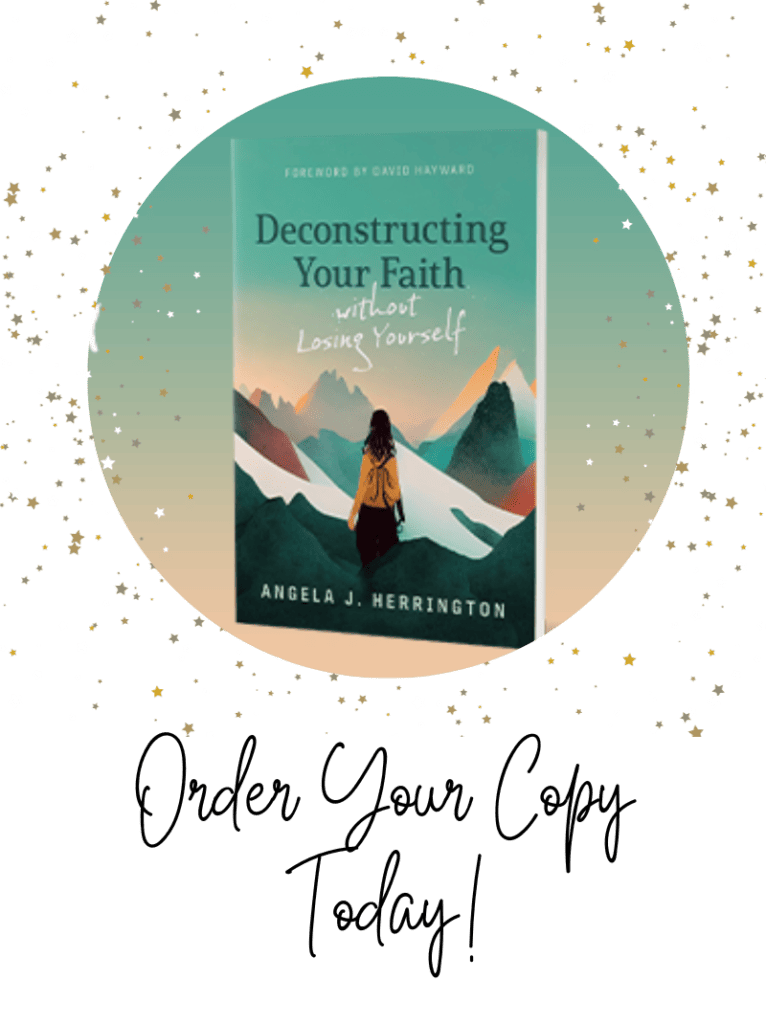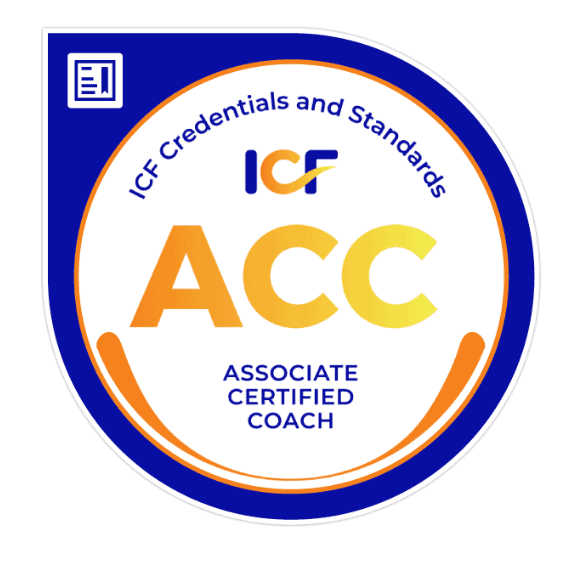As a faith deconstruction coach, I encounter a lot of Christians and former Christians with an incomplete, and often unhealthy view of what it means to be a peacemaker.
Years and years of toxic religious culture and patriarchal conditioning have led many, especially women, to believe that being a peacemaker means refusing to argue. Refusing to engage in any and all forms of conflict. Or even bending over backward to make sure that others are comfortable, even in situations where they are in the wrong. However, this type of thinking actually tends to cause more harm than good. And the damage extends to both our own lives and the lives of others.There are times to take a stand, even when it’s uncomfortable. And there are times when it’s just a waste of energy.
Learning which applies in a situation is going to save you a lot of heartache and wasted energy. Another thing we have to come to terms with is that “right” can sometimes be relevant based on our own perspective, experience, and faith. What I’m working out of my system may not be what you are focusing on. Sometimes we disagree because we have not gotten to that part of our story yet. Again, it requires wisdom to know if the conflict we encounter is simply a disagreement that can be a waste of energy or an important moment to take a stand. So, all that to say, we need to keep an open mind and truly believe that every single person we talk to has something to offer we may not see. They may never choose to reveal it (as is the case with those who get defensive or make personal attacks) but that doesn’t mean they have nothing to offer. The key is to know how much you’re willing to invest in the conversation as well as how safe the other person is.Toxic religious culture teaches women that it is always better to make peace. Even if it’s a false peace that looks a lot more like codependency and enabling.
It’s so deeply rooted in toxic religious culture that it gets passed on without most of us knowing it’s a bad thing. Deconstructing your faith from this belief is crucial.So, how do you know if you are pursuing peace or enabling toxic behavior? Here are a few questions to help you reflect and decide:
- Whose peace are you protecting? Is someone in danger, or receiving threats? Peacemaking is perceived as just avoiding conflict, but conflict is a healthy part of life. So if you’re bending over backward to just avoid conflict, are you really keeping the peace, or are you perceiving threats that aren’t actually there? Conflict itself isn’t bad. Sometimes we avoid it because it makes us uncomfortable. Other times we avoid it because the other people who are in the conflict with us don’t fight fair and they aren’t safe to be around. So again, boundaries are key in this space.
- What impact is this is having on you? Are you keeping the peace for everyone else while adding worry, stress, or responsibility that isn’t yours? A lot of time I see women managing other people. Trying hard to keep them from feeling the repercussions of their own actions. But what happens is instead of other people dealing with the consequences, the peacemaker ends up shouldering all of those consequences. So you’re not actually keeping the peace, you’re just shifting conflict. It shifts from a conflict that is happening out in the open between people to a conflict that is happening internally with you and the decisions you’re making. And that pressure should actually be landing on someone else.
- What are you protecting? Why do we feel motivated to keep the peace? A lot of time women learn to keep the peace out of fear. We’ve been taught to fear abandonment or retribution. Speaking up and taking up space will often lead to us being pushed out of a particular circle. There’s also pressure to be meek and mild; otherwise, God will punish us. Trying to stop a conflict or prevent it from happening because you’re afraid of how the other person may react may be a coping mechanism if you’ve experienced trauma, but it is also enabling in many cases. What would be healthier for everyone in the conversation would be to work through the conflict or prevent it altogether. Example: In the case of abuse, leaving. Patriarchal and toxic religious culture conditions women not to confront their abusers out of fear of what might happen. But a lot of times we are not taught how to leave. Often the message from toxic religious culture and patriarchal beliefs say to stay in it and work harder. It says that it’s your job to resolve and bring peace and love to the relationship. But relationships are definitely not one-sided things.
As you move forward in deconstructing your faith, use your voice. Have the wisdom and courage to confront lies to protect the vulnerable. May we all be true peacemakers, and embrace necessary conflict without enabling injustice, codependency, patriarchy, or toxic beliefs.



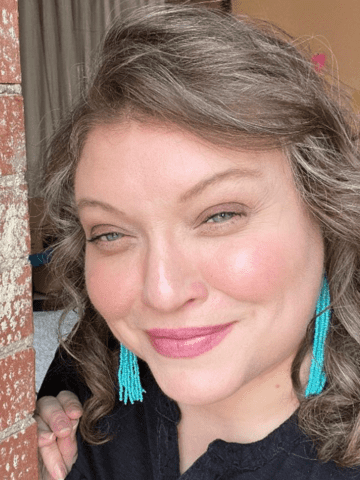
Angela is a Faith Deconstruction Coach and host of The Deconstructing Faith Summit who helps people break free from toxic religious culture & empowers them to recover from #churchhurt. She has led online ministries for a decade, enjoys working with clients 1:1, in groups, and is a dynamic conference speaker. She’s a Lark’s Song Certified Life Coach who reaches thousands of people in 40+ countries each month on Facebook, IG, Twitter, Pinterest, and her blog.
She’s a firstborn, Enneagram 8, Gen Xer who loves to question everything. She holds a BA from Indiana Wesleyan and a Masters in Leadership from Wesley Seminary. Her graduate research project focused on leadership development and opportunities for Gen X women in the US church.
Angela and her unique online ministry are featured in Lyz Lenz’s 2019 book God Land: Story of Faith, Loss, and Renewal in Middle America. She has published articles in Hope for Women and HOPE is Now magazines. She has been featured in The New Republic, Publisher’s Today, and Religion News Service.
Her first book, Deconstructing Your Faith Without Losing Yourself, Will be published by Eerdmans in February 2023.
Angela is also a wife, mom to 5, and a proud resident of Marion, Indiana with her family when they’re not traveling the US in their RV.

